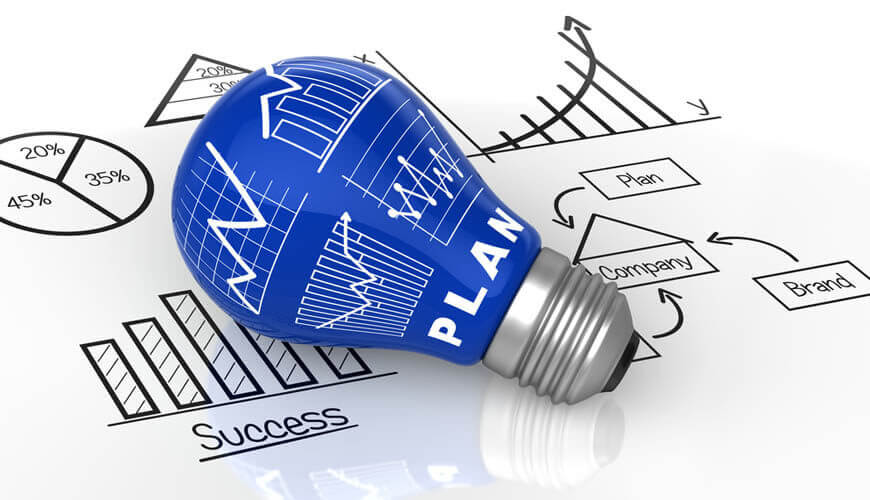Nothing in life is constant which is especially true when it comes to business processes and systems. Because it’s for sure that few things will fail in time and in some way, reliability engineering is a profession that will remain in demand.
Yes, solutions used by businesses change over time. Both the years and experience help develop structures and methods. However, the foundations tend to remain the same. This is why reliability engineering remains advantageous to businesses, no matter how much change their processes and systems undergo.
The work of reliability engineers, similarly, basically remains the same throughout the years. The methods and techniques used pretty much stay constant regardless of the changing needs of businesses. The core concepts of today’s engineering are practically the same as those of engineering when it first came into being. Reliability engineers help change industries without changing engineering concepts.
Contents
Knowing Reliability Engineers:

The work of reliability engineers involves optimizing the processes and systems that businesses use. They do so to guarantee product dependability. In the process, experts in reliability engineering have to consider coming up with cost-effective solutions.
About half of all newly established businesses will fail during the first five years of their existence. Some experts say that such is bound to happen within the first year. No matter the case, reliability engineers can help considerably reduce the rate of failure by identifying problems that may arise and ultimately impact product dependability.
Because the primary task of reliability engineers is to point out problems even before they happen, they need to have analytical minds. They also need to have superb investigative skills. With both essential traits, it is possible to avoid various issues that can impact product dependability and the business’ profitability.
It’s also crucial for reliability engineers to possess excellent leadership and communication skills. That’s because they require interaction with various people involved with the business ranging from the design team, finance department, suppliers to customers and so on.
Establishing What Will Fail and When:
Reliability engineers rely on various knowledge, tools, and techniques to provide an answer to an essential question that all business owners ask: what will fail eventually?
As mentioned earlier, things are bound to fail sooner or later and one way or the other. This applies to the various processes and systems used by businesses. No matter how seemingly safe or stable a particular method or system, it’s not impervious to problems that can put product dependability in some form of danger.
Other than knowing what problem will strike, reliability engineering also entails determining when it will happen. By having an idea of the time that failure is likely to come into being, it becomes possible to take the necessary actions to prevent a disaster or to keep it to a minimum.
By knowing what will fail and when it will happen, maintaining product dependability is likelier. Keeping an anticipated problem from happening is a telltale sign that a reliability engineer is capable of carrying out his or her job brilliantly.
Conclusion:
Reliability engineers identify business processes and system problems even before they happen. Equipped with engineering concepts that pretty much have stayed the same through the years, they can help maintain product dependability.